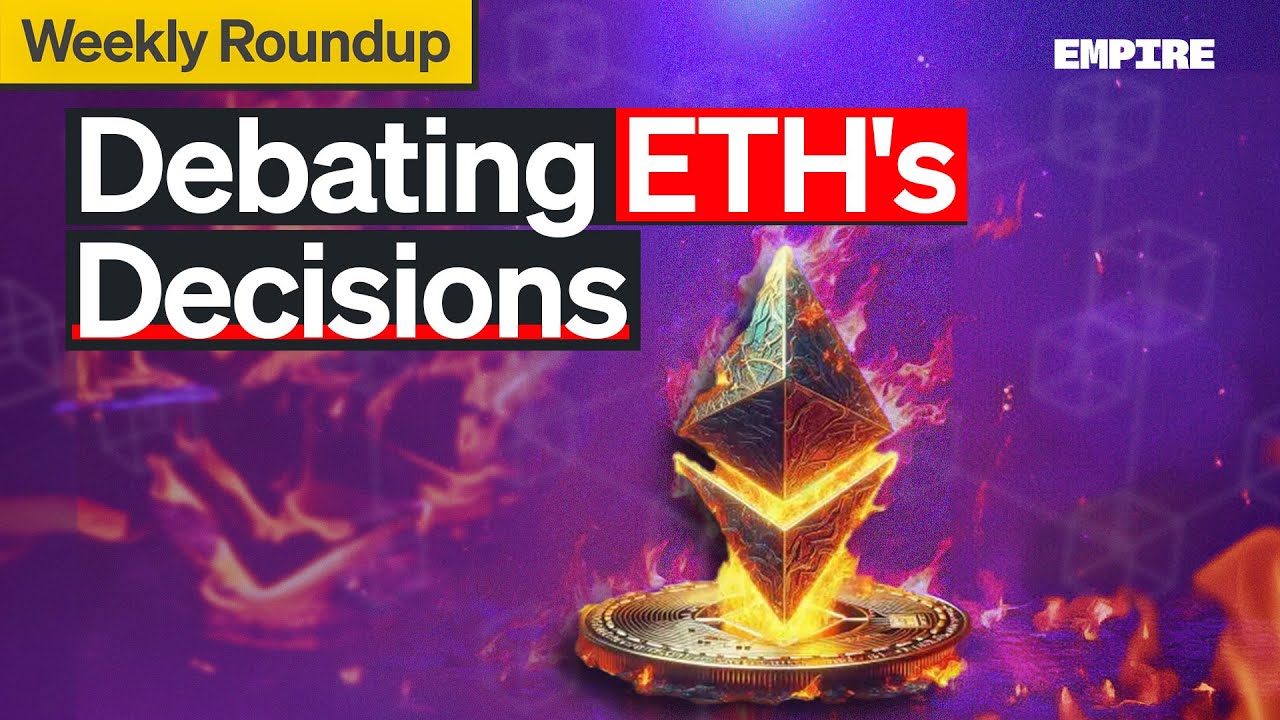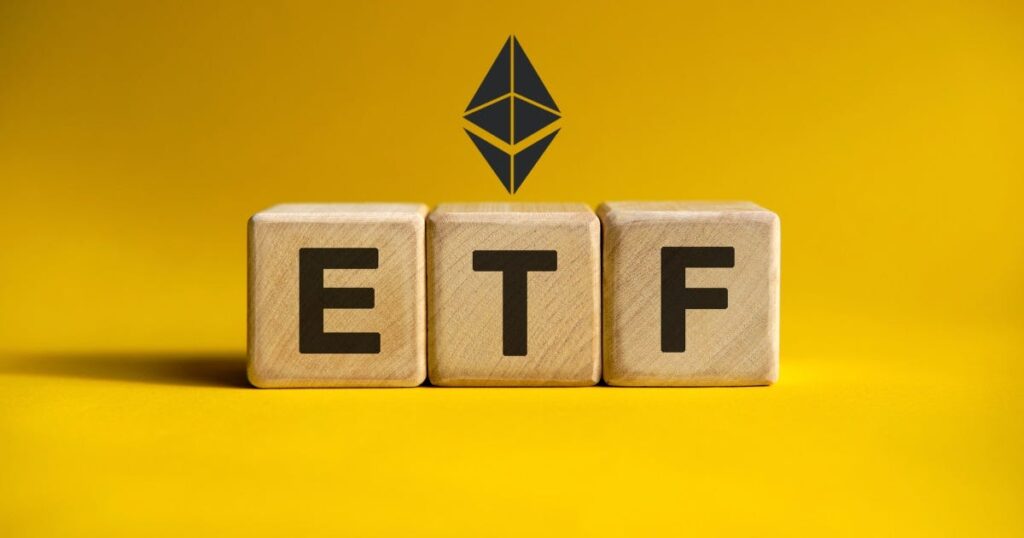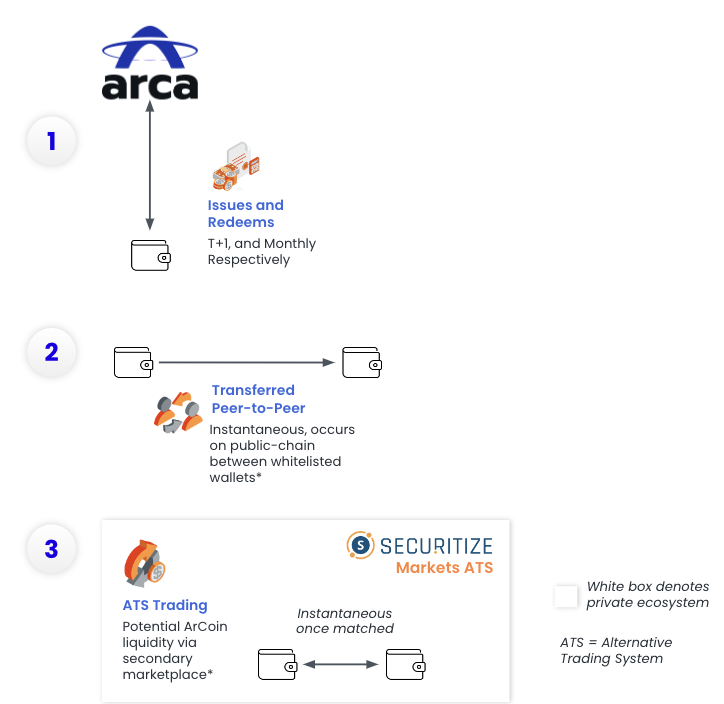Podcast Summary
This podcast episode delves into the complexities of Ethereum and Solana’s scaling approaches, the hardware requirements for validators, and the increasing responsibilities of relays and builders. The discussion also touches on the potential for a multi-chain world, the limitations of one chain handling everything, and the importance of decentralization. The episode features Marc Arjoon, a research analyst at Blockworks Research, and Michael Ippolito, the founder of Empire.
Key Takeaways
Ethereum and Solana’s Scaling Approaches
- Scaling Challenges: The podcast discusses the different scaling approaches taken by Ethereum and Solana, highlighting the challenges and trade-offs associated with each. Ethereum’s approach is criticized for potentially preventing people from participating in consensus due to the increasing size of blocks.
- Centralization Concerns: As Ethereum’s roadmap becomes more complex, the centralization of builders becomes a problem. The podcast suggests making pragmatic changes to Ethereum’s main chain to address scalability and interoperability challenges instead of implementing complex solutions like pre-mining.
Decentralization in Ethereum
- Specialization of Labor: The podcast discusses the specialization of labor and the need for a holistic approach to decentralization in Ethereum. The focus has been primarily on the hardware requirements for validators, leading to the unbundling of tasks traditionally performed by validators and their transfer to relays and builders.
- Centralization Risks: The introduction of pre-confirmation and financialization has further separated the roles of proposers and builders, leading to concerns about centralization and negative externalities.
Bitcoin Layer 2 Solutions
- Marc Arjoonet Disconnect: The host highlights the disconnect between what the Marc Arjoonet participants think is important and what is actually important for blockchains. It is mentioned that Ethereum Layer 2 solutions have been live for a number of years, while Bitcoin Layer 2 solutions are just getting started.
- Importance of Competition: The importance of competition and accelerating the movement in Bitcoin Layer 2 development is discussed.
Bitcoin’s Potential
- Bitcoin’s Functionality: The potential for Bitcoin reaking depends on how functional a platform built on Bitcoin can be compared to Ethereum, and whether users are willing to risk their Bitcoin to secure other chains.
- Bitcoin as a Risk Asset: Bitcoin is seen as a risk asset rather than a digital gold by some participants, and the potential for capital efficiency and optimization in the industry is highlighted.
Blockchain Branding and Culture
- Importance of Branding: The branding and culture of a blockchain project are crucial for its success, and having a clear and concise brand message is important. Ethereum’s focus on being an ultrasound money has fragmented its brand and created confusion about its identity.
- Role of Culture: The culture and priorities of different chains, as determined by their founders and teams, will play a role in their success. The tech in the blockchain space is becoming commoditized, and the culture and focus on consumers will differentiate chains.
Sentiment Analysis
- Bullish: The podcast expresses a bullish sentiment towards Solana, highlighting its high stake rate and the willingness of validators to invest in the infrastructure to earn fees. The hosts also express optimism about the potential of Blinks, a web 2 front end extension that allows users to perform actions like staking and making swaps directly on platforms like Twitter and LinkedIn.
- Bearish: The podcast expresses a bearish sentiment towards Ethereum, criticizing its scaling approach and the increasing centralization of builders. The hosts also express frustration with the long shipping times in Ethereum compared to other ecosystems.
- Neutral: The podcast maintains a neutral sentiment towards Bitcoin, discussing the potential for Bitcoin reaking and its functionality compared to Ethereum. However, the hosts also highlight the cultural differences between Bitcoin and Ethereum users, which may play a role in determining the demand for Bitcoin Layer 2s and the ability to do more with Bitcoin.












